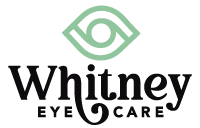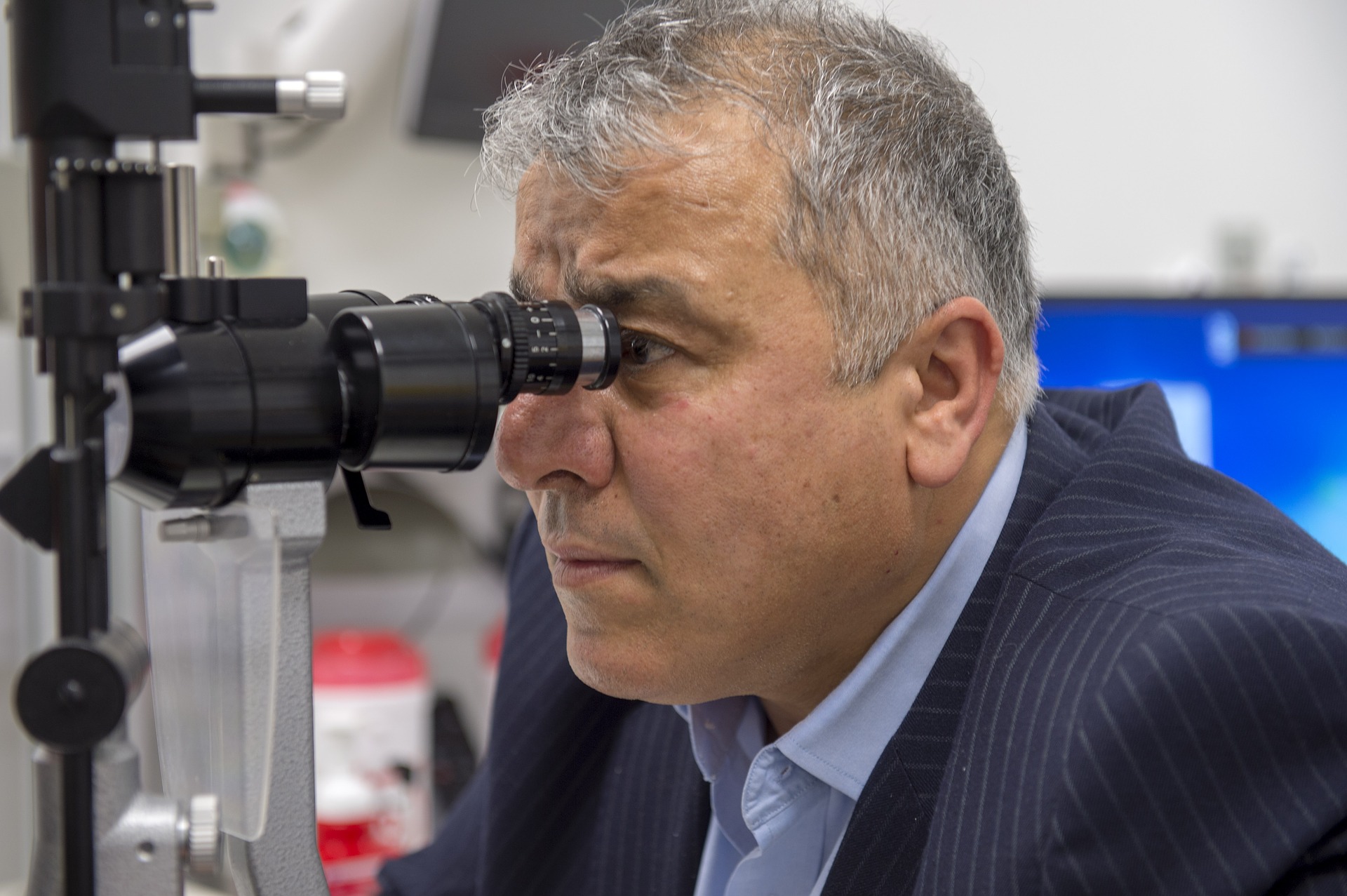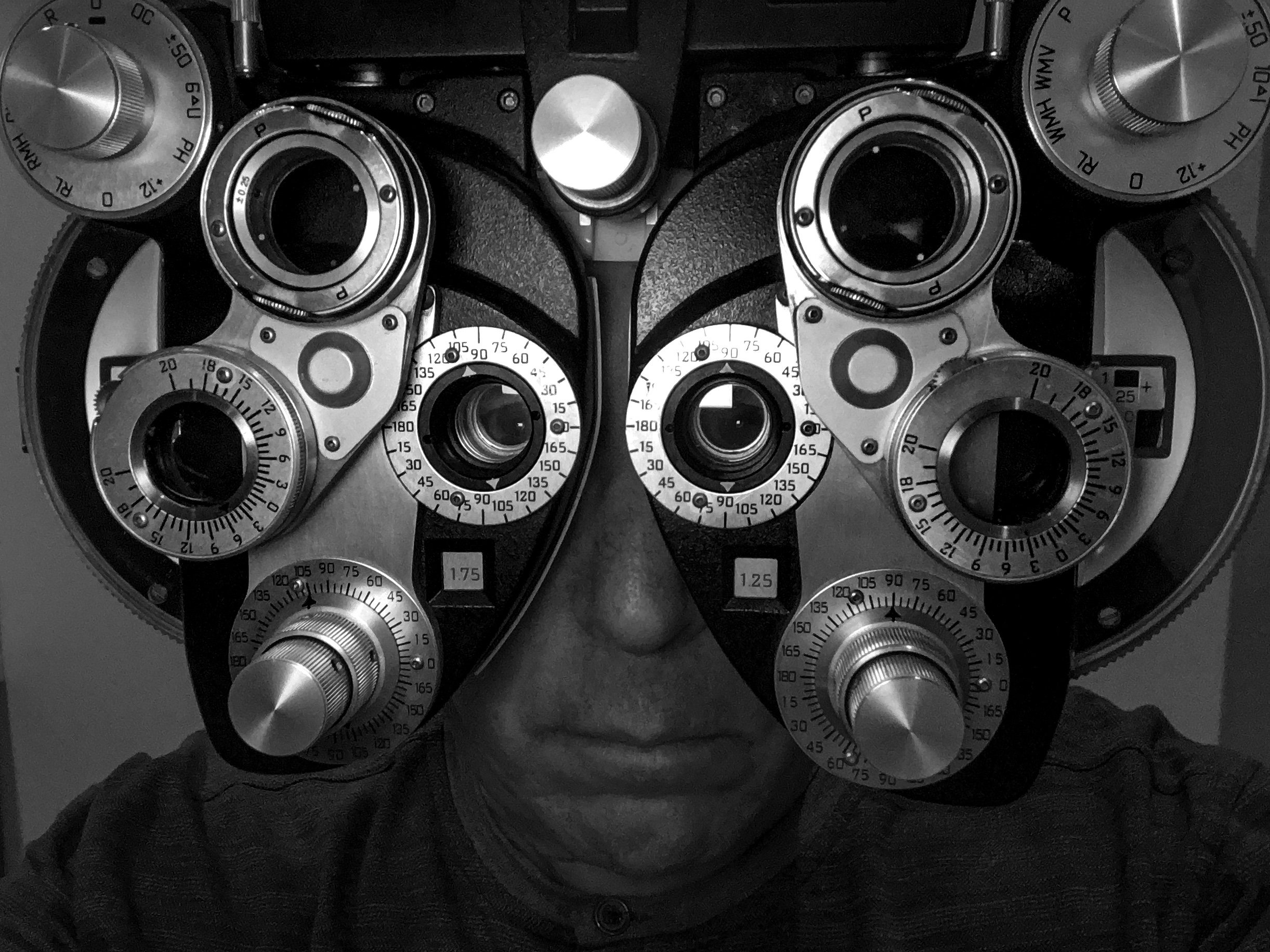Learning about your medical conditions and overall health can improve your physical as well as mental well-being. Caring for yourself is an important aspect of living a healthy life. While there are numerous health exams and tests that people need to undertake from time to time, eye exams are most important.
People don’t realize the benefits of undertaking eye exams and don’t visit an eye specialist until they experience any symptoms. Eye exams can help identify diseases and/or disorders that can be vital for prevention and early-stage treatment.
Often, people think that undergoing vision screening is enough to assess their eye health. However, eye exams are comprehensive and require certain conditional procedures to take place.
Why are Eye Exams Important?
For Adults
Do you know that there are more than 4 million American adults over 40 who suffer from serious eyesight problems? In addition, numerous eye disorders and diseases can affect a healthy person’s lifestyle.
One reason why eye exams are critical in adults is that many of the common eye conditions have minimal or nearly no symptoms during their early stages. However, severe symptoms may appear as the eye problems progress, including macular degeneration, glaucoma, diabetic retinopathy, and cataracts, etc.
Frequent eye exams can help in the early detection of these conditions and enable you to seek optimal optometric and ophthalmology treatments.
For Children
Children, especially in their growing years and early body development phase, are highly prone to various diseases, disorders, and dysfunctions. For that reason, it is advisable by experts that children undergo frequent medical checkups and exams.
Having eyesight problems can deteriorate the lifestyle of a child. Eye problems can hinder all, from studying to playing outdoors and engaging in social and sports activities.
A child learns and develops motor movements, reading skills, and cognitive functions at an early age. Therefore, it is important to emphasize their vision health. Moreover, eye exams are crucial for children as not all of them are able to describe their problems and any vision disorder symptoms clearly. Following that, early diagnosis and eye exams can help identify problems at an early stage.
Ideal Frequency for Eye Exam
It’s not always easy to determine the right time to visit an optometrist or ophthalmologist except when you encounter disturbing eye disorder/disease symptoms. Nonetheless, the AAO (American Academy of Ophthalmology) recommends the following frequency of eye exams for people in their early 20s to above 65 years of age.
65 and above: annual or biannual checkups
55-64: annually
40-54: annually
Early 20s- late 30s: 1-2 Years
Conclusion
Do you want to learn more about your vision health and seek better treatment? At Whitney Eye Care, we provide comprehensive eye care for all our patients. Book an appointment with Dr. Brian Whitney at Whitney Eye Care. Give us a call at (435) 586-9949. Visit our official website for more information on our services and patient testimonials.
Reference Links:
https://www.nidirect.gov.uk/news/importance-getting-eyes-tested
https://www.allaboutvision.com/eye-exam/importance.htm
https://www.bouldermedicalcenter.com/the-importance-of-yearly-eye-exams/




